Healthcare Heroes: Matthew Lieberwirth – Helping Families Through the Toughest of Times
 An inspirational story of how one leader helps families through the toughest of times, while finding solace in the celebration of life and random acts of kindness.
An inspirational story of how one leader helps families through the toughest of times, while finding solace in the celebration of life and random acts of kindness.
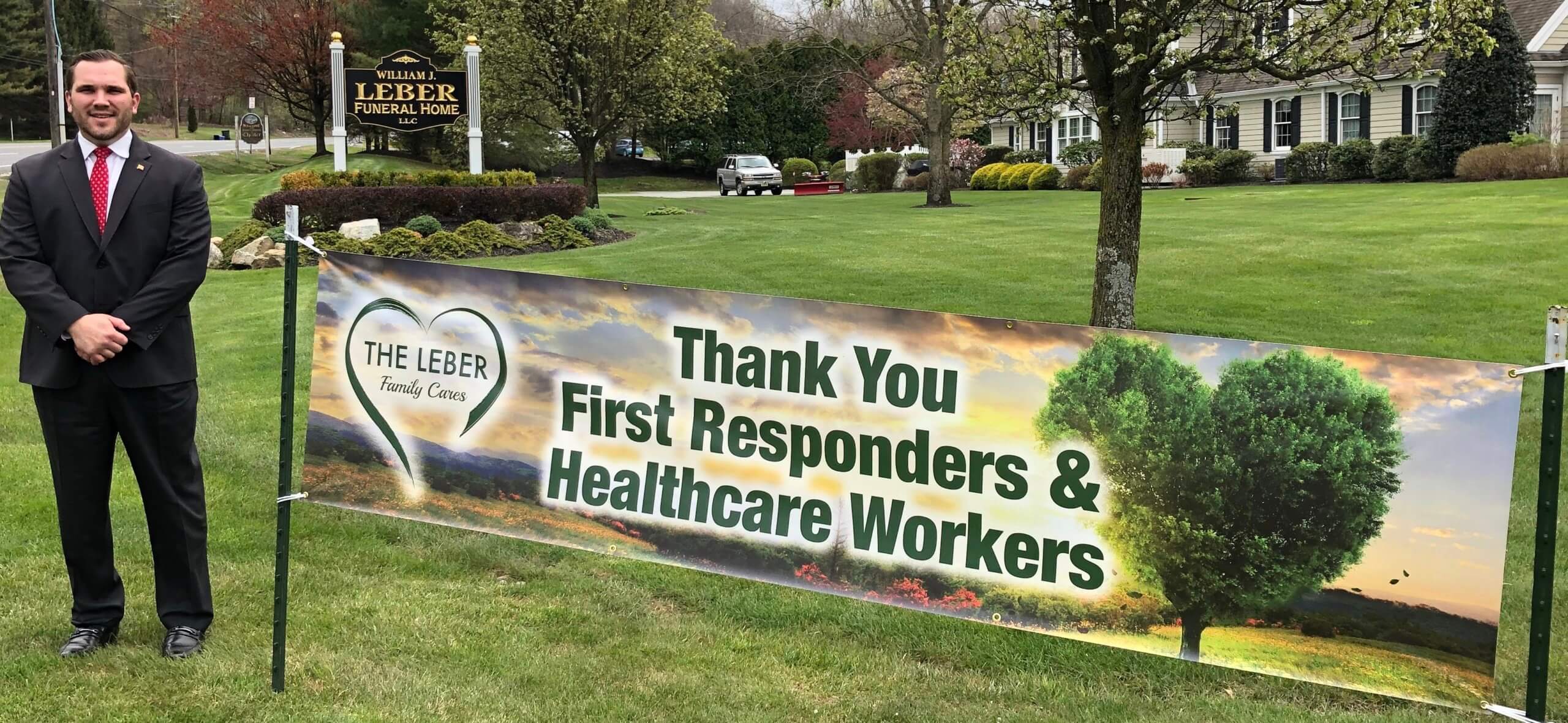 As a Funeral Director, what are your primary duties?
As a Funeral Director, what are your primary duties?
To lead and oversee funerals, do removals, and meet and counsel with families.
What motivated you to pursue a career in the Funeral business?
Like many college students, the goal of working in finance in New York City, living in a big house with lots of money, drove me. But after graduation, I spent time as a substitute teacher contemplating a longer-term career in teaching and coaching where I could help people. My brother was working in the funeral business and suggested my disposition was a good fit as a funeral director, so I started in the industry.
What is one of the greatest services you provide to your clients that others might be aware of?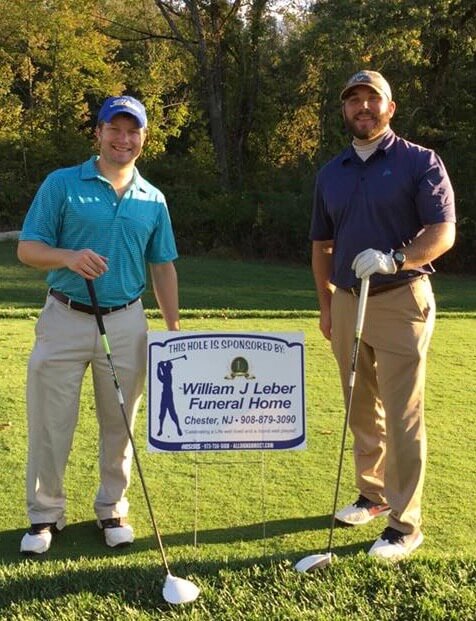
We are a group of independently owned funeral homes that share a common vision and work with a company called Life Celebration. We base our success on relationship-building with families and connecting our services to their loved one’s life. Uniquely, our funeral home creates a living room atmosphere where we can tell a story, create a relatable environment where family members can connect to their loved one who passed. Visitors are greeted by friendly staff and relatable music connected to the deceased and family. People give feedback that they have never been to a funeral home like ours…that the funeral experience was more uplifting and a true celebration of that person’s life.
How has the COVID-19 pandemic impacted your industry, especially in a state so heavily hit as New Jersey?
The loss of life in such a short period of time has been the most difficult thing and nothing like anything we have ever seen. The funeral homes are not equipped for this, nor are the hospitals. Postponing funerals makes it difficult for families, and not allowing them to see their loved ones is a difficult protocol for funeral homes right now.
When you say restrictions, what is protocol currently that Funeral Homes must follow?
The restrictions have been changing constantly by the day and week. Not only are we having to adapt suddenly to the current practice but so do the families we service. Under the current executive order passed down from the Governor’s Office of the State of New Jersey, there are no personal viewings allowed at this time of any kind, whether a death is Covid 19 related or not.
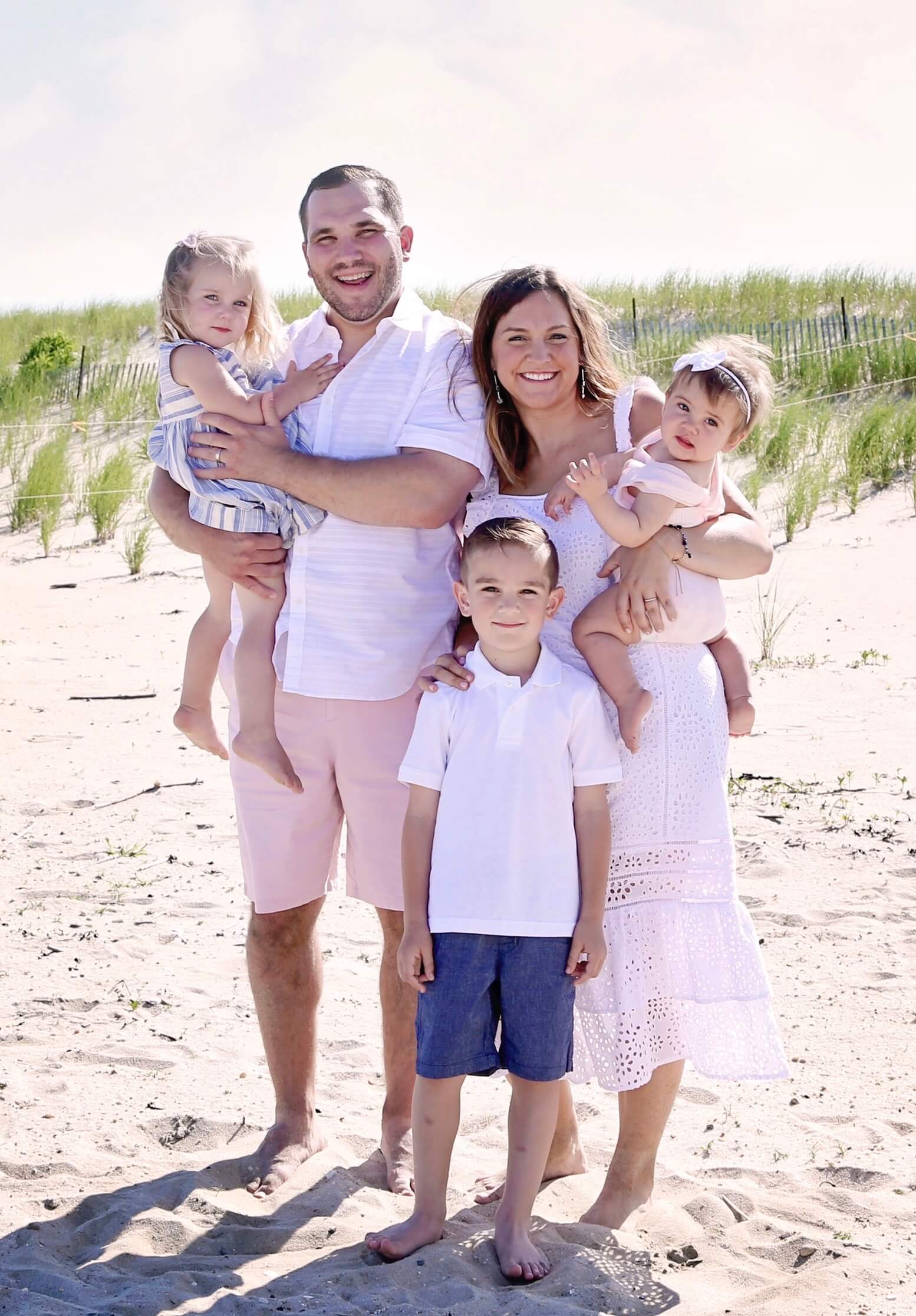 What impact has COVID-19 had on you personally and as a leader in the industry?
What impact has COVID-19 had on you personally and as a leader in the industry?
It is a very tough time, most challenging for those who may leave work for an empty apartment or home. I find solace coming home every day to my family and hugging my children a bit tighter.
Leadership is knowing what is best for every family we serve in the community and having to stay firm in making tough decisions. For a family to not be able to hold a service nor view their loved one, goes against my core beliefs. I have been impacted by the selflessness of the older generation in that they seem to put the needs of others first before themselves.
What changes, if any, do you believe will be made in the industry post the pandemic?
There will be changes in a lot of industries as people hesitate to gather in large groups due to the fear of the unknown, whether it be a baseball stadium, movie theater, restaurant, funeral home, or church. I don’t see us gathering in any public spaces until we have a vaccine or more certainty. Regarding our industry, virtual services will continue to happen. Another option is to hold a memorial gathering or life celebration in the future. One of the hardest things for us has been trying to continuously treat every family that comes in the door, like they are your own. Our previous natural behavior would be to hug every family member that would walk through the door. Now we are having to stand six feet apart with gloves and a mask, and there is no physical closeness. This presents such an empty feeling. Instead of being able to help the family celebrate their loved one, we now find ourselves laying them to rest without any thought of the life they once lived.
You mentioned earlier about the importance of selflessness and relationship building. Why do you think these behaviors, or others, are critical for leaders to demonstrate, regardless of business sector?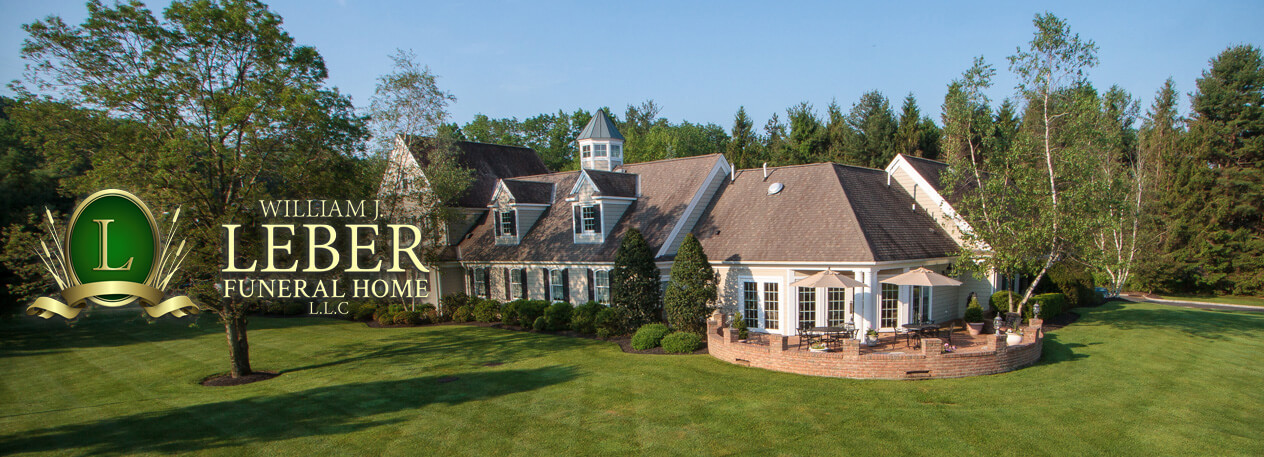
As a funeral director, it is our obligation to care for each life like it was one of our own family members. We take the time to care for them and pray for them. We can’t get distracted from the main role and what we are meant to do. This is especially important in a time like this when you are inundated and trying to schedule multiple services. In our industry, you hear the term disposal company which could not be further from the truth of the role we serve. At times like these, when there is minimal interaction with the family, we have to do our best to care for each life. I would suggest the same of any leader… to think of the other person and try putting yourself in their shoes. Even though you may not be able to institute the same processes or policies you were once used to, if you keep your focus on the people you or your business serve, you cannot go wrong.
Dealing with so many different emotions and navigating how people are currently feeling, leaders must have the ability to listen, be compassionate, patient, and honest. These are especially helpful in explaining why you may be making certain decisions and why they are in the family’s best interest. All these traits would be helpful and critical for any leader in such challenging times.
If you could develop a hashtag about your role and/or career what would it be and why?
#celebratelife – Every life is important!
#directorscare – Some funeral directors are getting left behind. They are performing such challenging tasks and not getting the recognition they deserve as they are working 24-7 and putting their own health at risk. When thinking of the lives that have been lost, and the Covid-19 removals and embalming that goes along with this, it is difficult to comprehend. Many directors are in quarantine, not able to go home to their families, but they have to keep focused on their job for the deceased and their loved ones.
At what point do those on the frontlines require, and are deserving of, their own mental health support for their own well-being?
I worry about the people working on the front lines. The most important relief is I have my family to come home to which brings me joy. I wouldn’t want my kids to see me down and depressed, but people who are not married, who don’t have kids, and go home to an empty house because they have to quarantine is worrisome. The stress of work on top of being lonely and feeling depressed is challenging. I think this could be true for other health professionals as well. There is talk about the suicide rate increasing during this pandemic, so it is important for people to seek some type of guidance to help get them through this. Mental health awareness has always been important but is especially important during times like this.
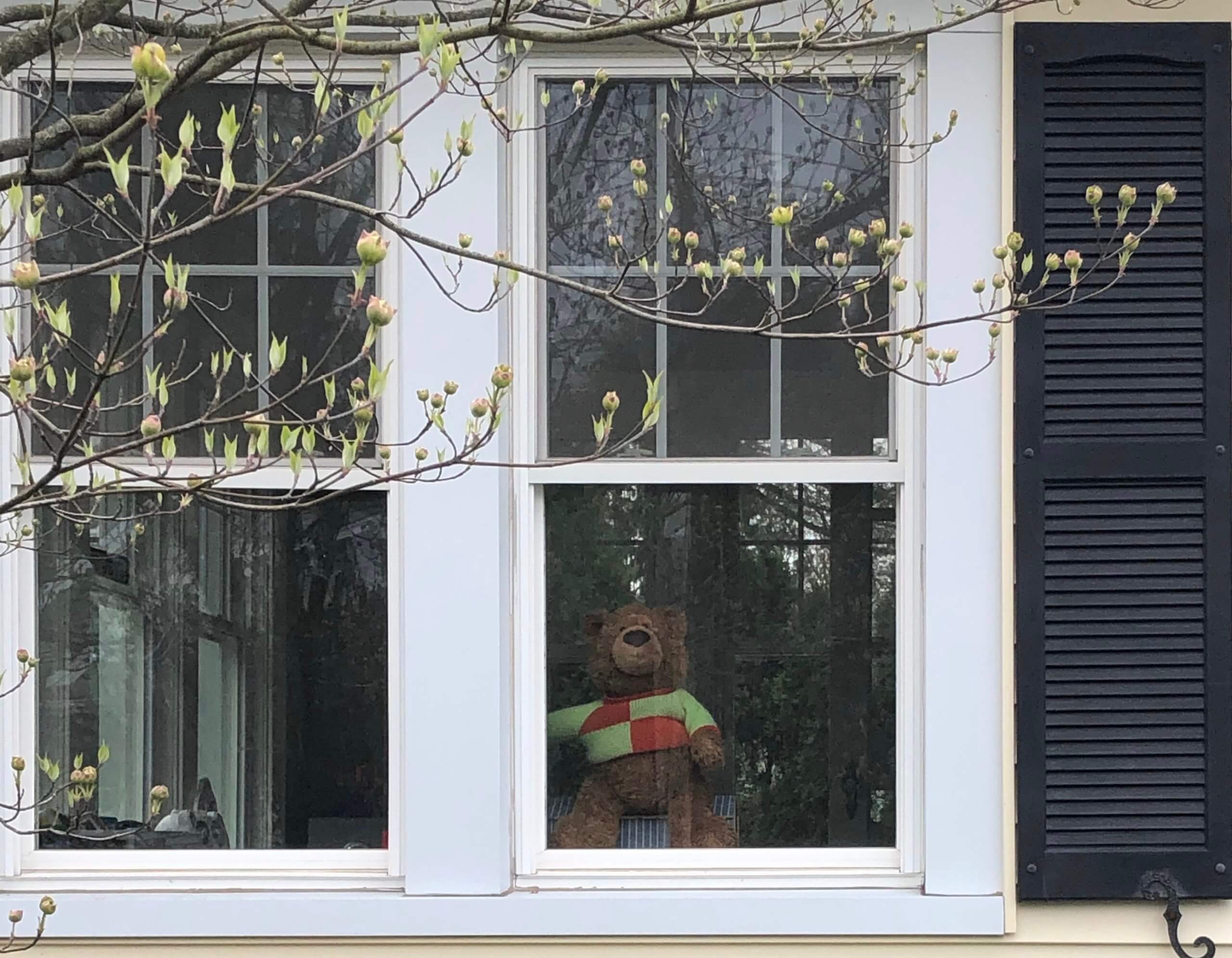 How can the rest of us support workers on the front lines?
How can the rest of us support workers on the front lines?
Any act of kindness helps. In my own community, neighbors post signs on their front lawns thanking healthcare workers and first responders… my kids displayed a teddy bear in the window in honor of the healthcare workers. I believe this is something good coming from these tough times. Hopefully, we will carry on with such random acts of kindness beyond the pandemic.